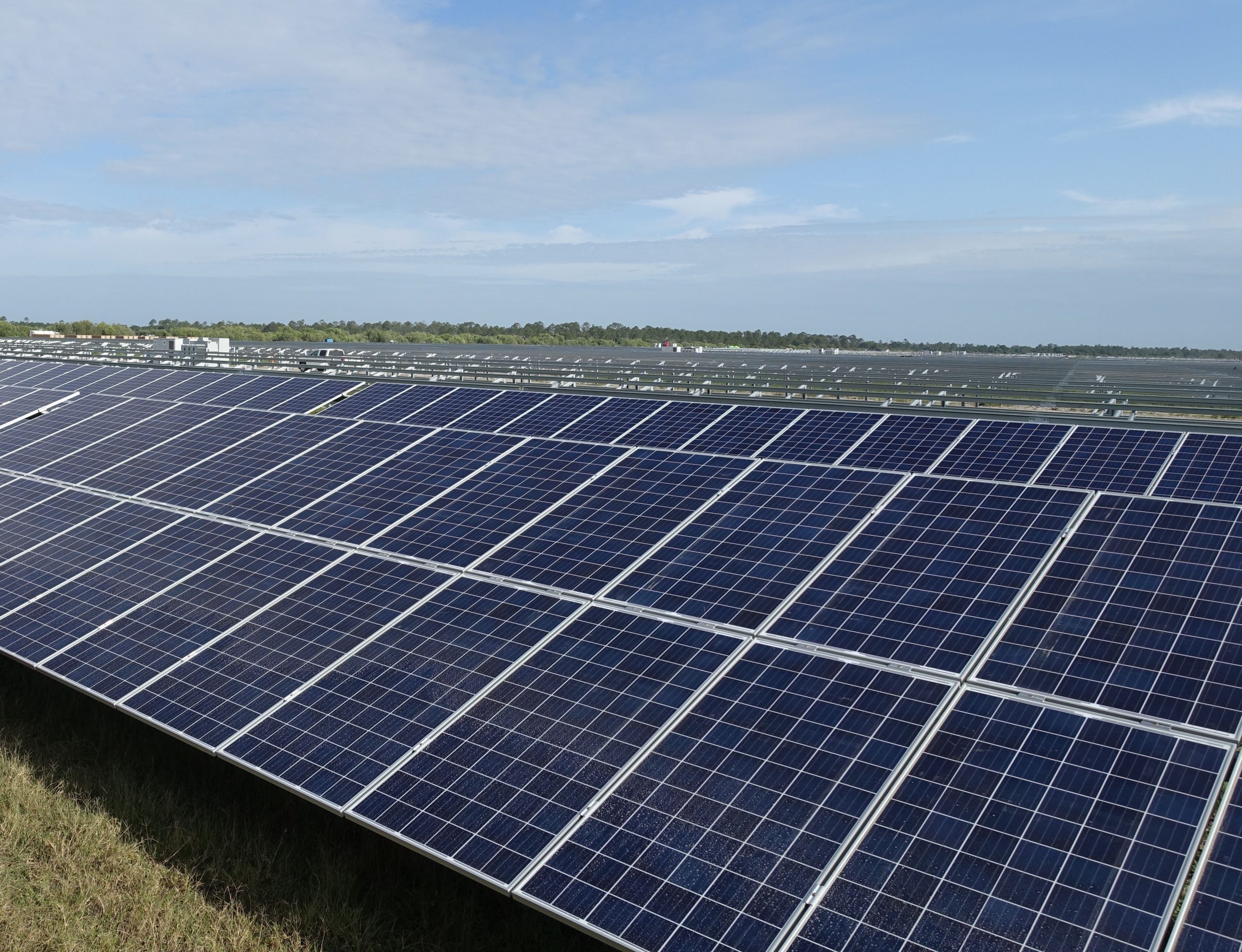On Tuesday, power provider Duke Energy Florida announced a settlement with the state’s public service commission (PSC) to cease plans to build a nuclear plant in western Florida. The utility instead intends to invest $6 billion in solar panels, grid-tied batteries, grid modernization projects, and electric vehicle charging areas. The new plan involves the installation of 700MW of solar capacity over four years in the western Florida area.
There's excitement from the solar industry, but the announcement is more bad news for the nuclear industry. Earlier this year, nuclear reactor company Westinghouse declared bankruptcy as construction of its new AP1000 reactors suffered from contractor issues and a stringent regulatory environment. Two plants whose construction was already underway—the Summer plant in South Carolina and the Vogtle plant in Georgia—found their futures in question immediately.
At the moment, Summer’s owners are considering abandoning the plant, and Vogtle’s owners are weighing whether they will do the same or attempt to salvage the project.
Duke Energy Florida hadn’t started building the Levy nuclear plant, but it did have plans to order two AP1000 reactors from Westinghouse. Now that Westinghouse company is in dire financial straits, the Florida utility decided that its money is better spent elsewhere.
Just last week, Duke told its PSC that it would have to increase rates by more than eight percent due to increased fuel costs. But with the new settlement that directs the utility toward solar and storage, customers will see that rate hike cut to 4.6 percent.
The Levy nuclear plant was proposed in 2008 and ran into hurdles early on. With cheap natural gas in 2013, Duke Energy Florida became nervous that it might not recuperate costs spent on the nuclear plant, especially with regulatory delays. The company cancelled its engineering and construction agreements in 2013 but said that it was holding open the possibility of returning to Levy someday. Over nine years, about $800 million had been spent on preparatory work for the plant.


 Loading comments...
Loading comments...
